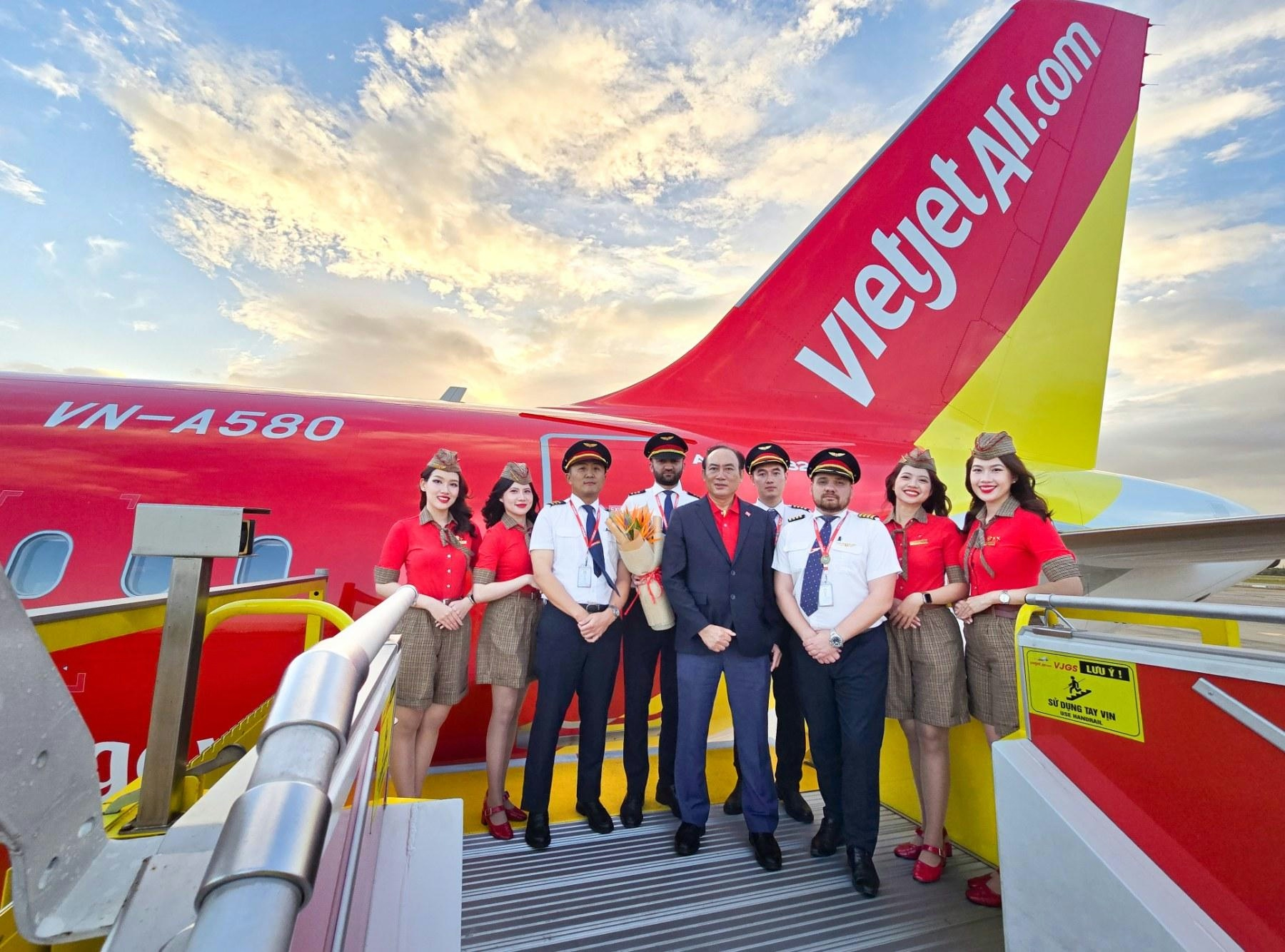
AeroGenie — Votre copilote intelligent.
Tendances
Categories
Akasa Air Plans to Expand Fleet to 40 Aircraft by FY26 Amid Boeing Supply Chain Improvements
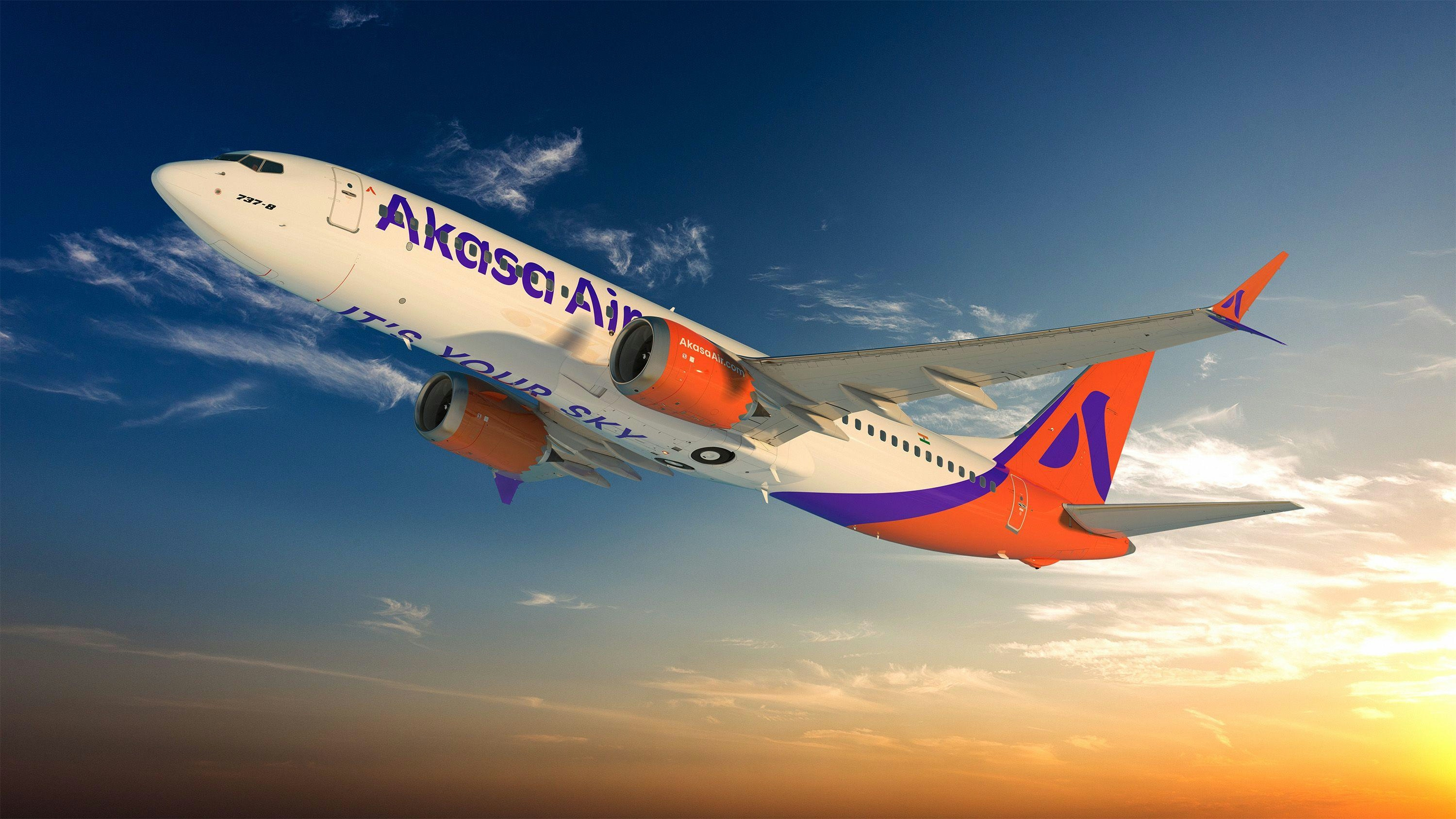
Akasa Air Plans Fleet Expansion to 40 Aircraft by FY26 Amid Boeing Supply Chain Recovery
Akasa Air, one of India’s rapidly growing low-cost carriers, has announced plans to expand its fleet to 40 aircraft by the end of the fiscal year 2026. This ambitious target is underpinned by recent improvements in Boeing’s supply chain, which have alleviated some of the delivery challenges that have affected the global aerospace industry. The airline’s growth strategy unfolds against a backdrop of ongoing disruptions faced by major manufacturers Boeing and Airbus, as they contend with regulatory, manufacturing, and market pressures.
Fleet Growth Supported by Boeing’s Stabilizing Deliveries
Since its inception in 2022, Akasa Air has demonstrated swift expansion, increasing its fleet to 27 Boeing 737 jets by FY25, up from 24 the previous year. This rapid growth surpasses that of established competitors; for instance, IndiGo operated only 24 aircraft within its first three years. Akasa’s accelerated market entry highlights its aggressive approach and the critical importance of aircraft availability in India’s competitive aviation sector.
The airline’s expansion trajectory has been closely linked to Boeing’s capacity to fulfill aircraft orders. Boeing’s recent years have been marked by regulatory scrutiny and production setbacks, which caused delivery delays and disrupted growth plans for many carriers globally. Akasa Air experienced these constraints firsthand, adding only three new aircraft in FY25, a slower pace than initially projected.
Nonetheless, recent data from lessors such as BOC Aviation indicate a return to more consistent aircraft deliveries from both Boeing and Airbus. This easing of supply chain pressures has allowed Akasa Air to reaffirm its goal of reaching a 40-aircraft fleet by FY26, positioning the airline to enhance connectivity and offer greater travel options within India.
Industry Challenges and Strategic Positioning
Despite the positive signs, the aerospace sector continues to face significant challenges. Supply chain uncertainties persist, compounded by factors such as tariffs and labor disputes, including a recent strike among Boeing workers. Meanwhile, Airbus is on track to surpass Boeing in total aircraft deliveries, intensifying competition between the two manufacturers and potentially influencing Akasa Air’s future fleet strategy.
Akasa Air’s exclusive use of the Boeing 737, configured in a single-class economy layout, has streamlined its operations by simplifying pilot training, maintenance, and scheduling. This focused fleet strategy contrasts with competitors like IndiGo and Air India Express, which operate mixed fleets comprising both Airbus and Boeing aircraft. While this approach has yielded operational efficiencies, it also closely ties Akasa’s growth prospects to Boeing’s performance and the broader supply chain environment.
Looking Ahead
As Akasa Air approaches its third anniversary, the airline remains steadfast in its expansion ambitions, aiming to reshape the Indian aviation landscape with a larger and more reliable fleet. The coming years will test its ability to navigate ongoing industry headwinds and leverage improvements in aircraft supply. With current trends suggesting a stabilizing supply chain, Akasa Air appears well-positioned to consolidate its presence in India’s expanding aviation market by FY26.
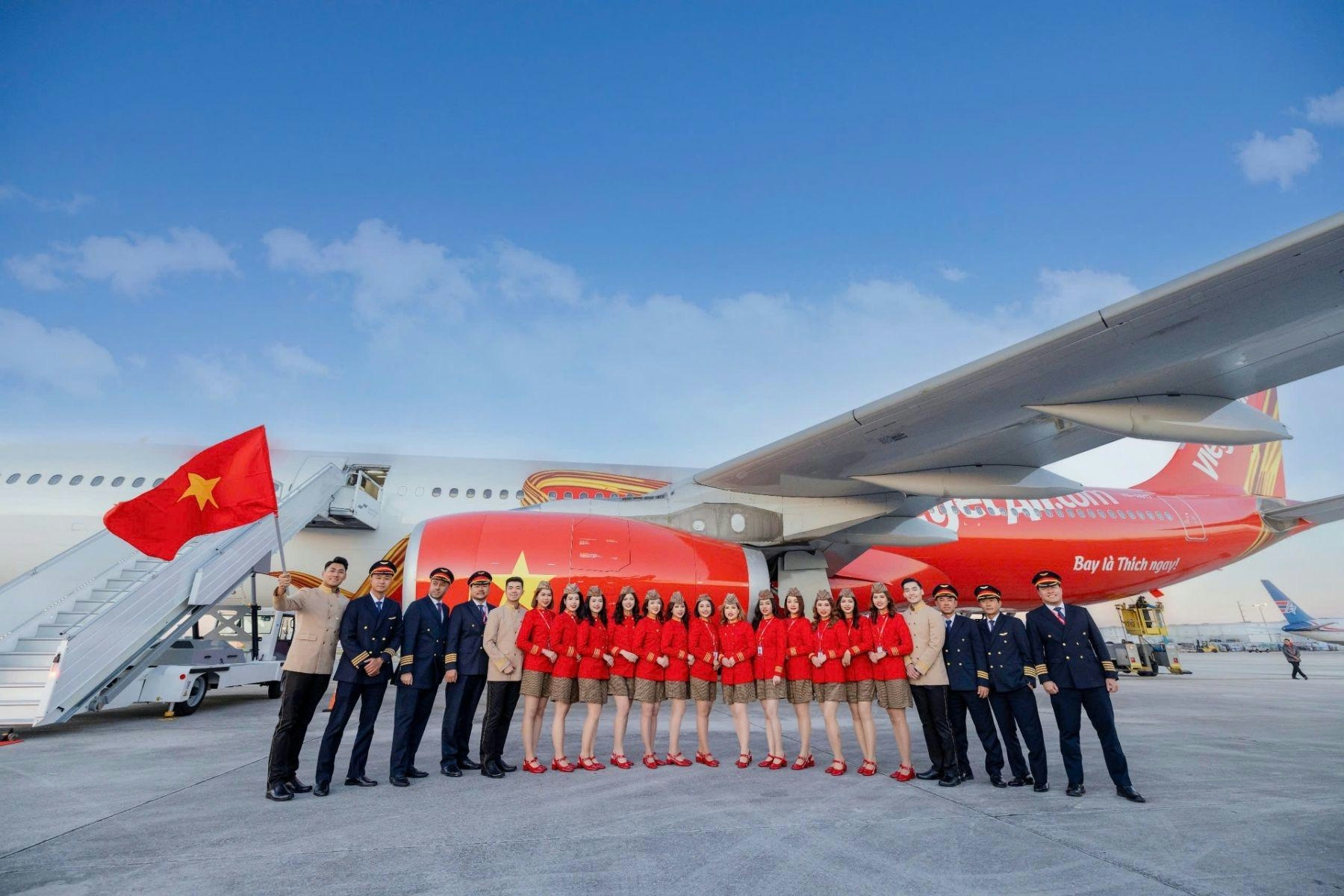
The Leading Widebody Aircraft in Service Today
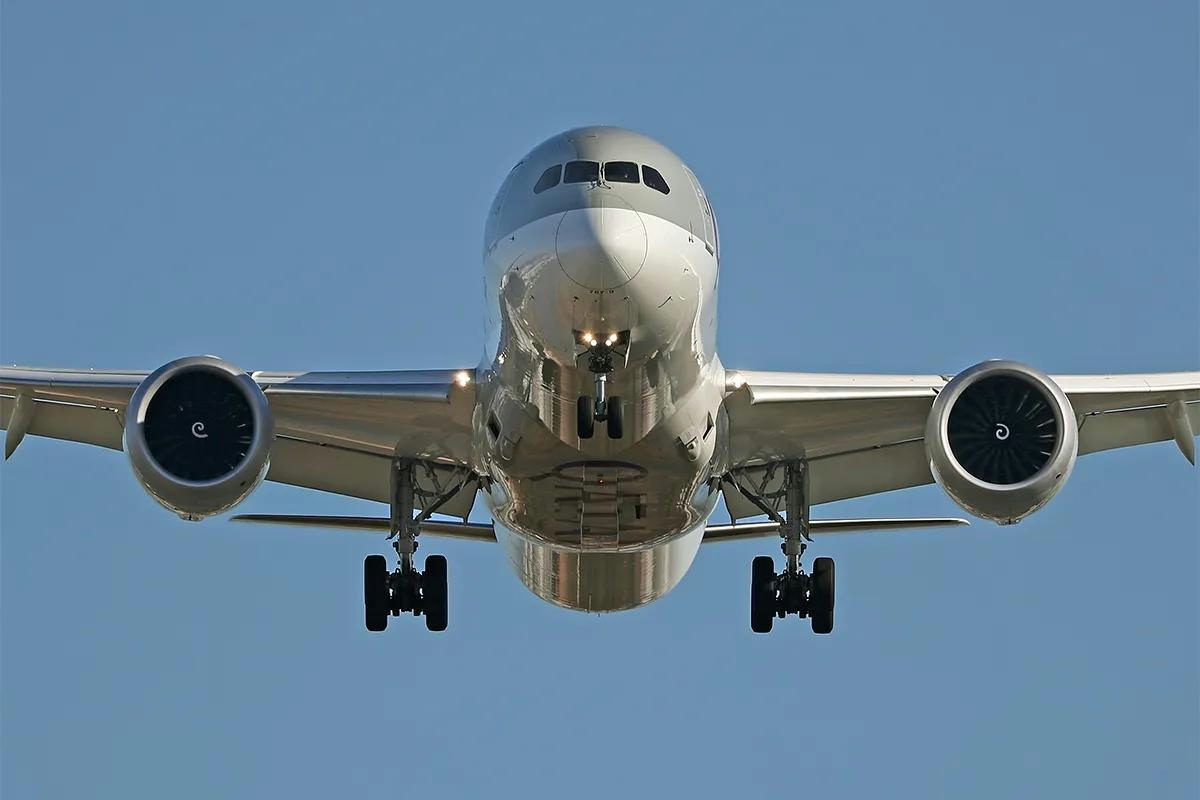
The Fastest Boeing Jet Currently in Service

Quintana Roo Secures $24.3 Million Deal for MRO and Cargo Services
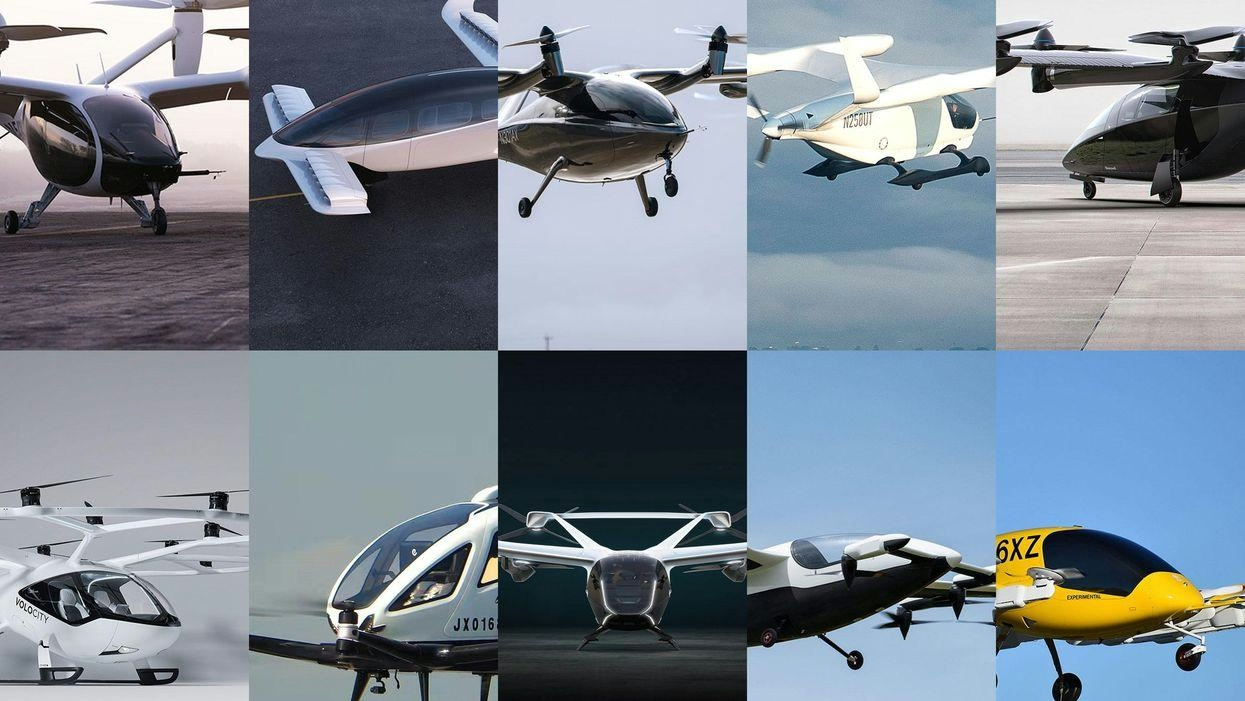
This Week on America Builds: Advanced Air Mobility

Textron Aviation Appoints Justin Salmans Senior Vice President of Supply Chain

Delivery Delays and Canceled SAF Projects Prompt Focus on Fuel Efficiency
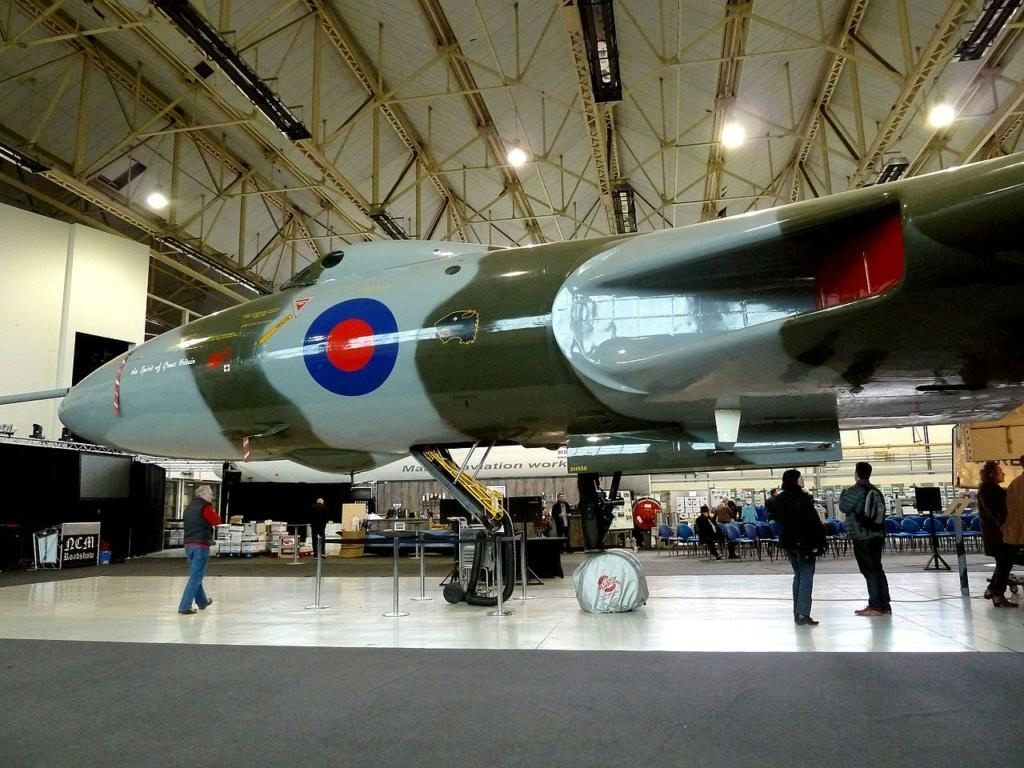
Avro Vulcan XH558 Engine Runs Scheduled at Doncaster Sheffield Airport in 2026
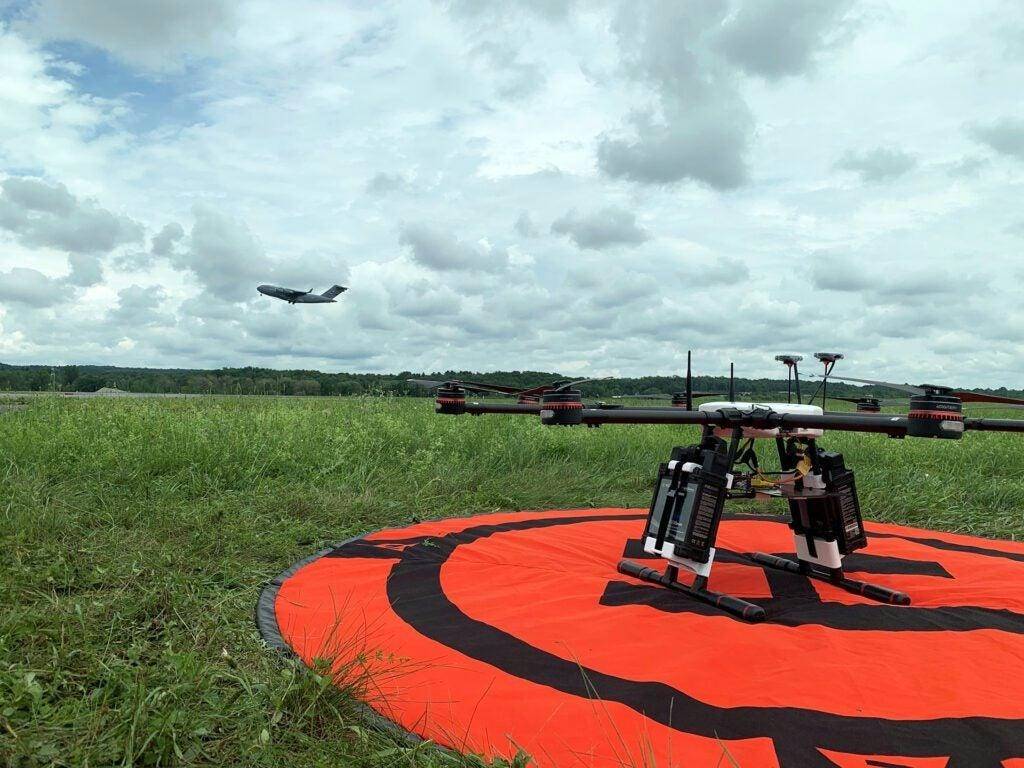
FAA Advances Integration of Manned and Unmanned Aircraft
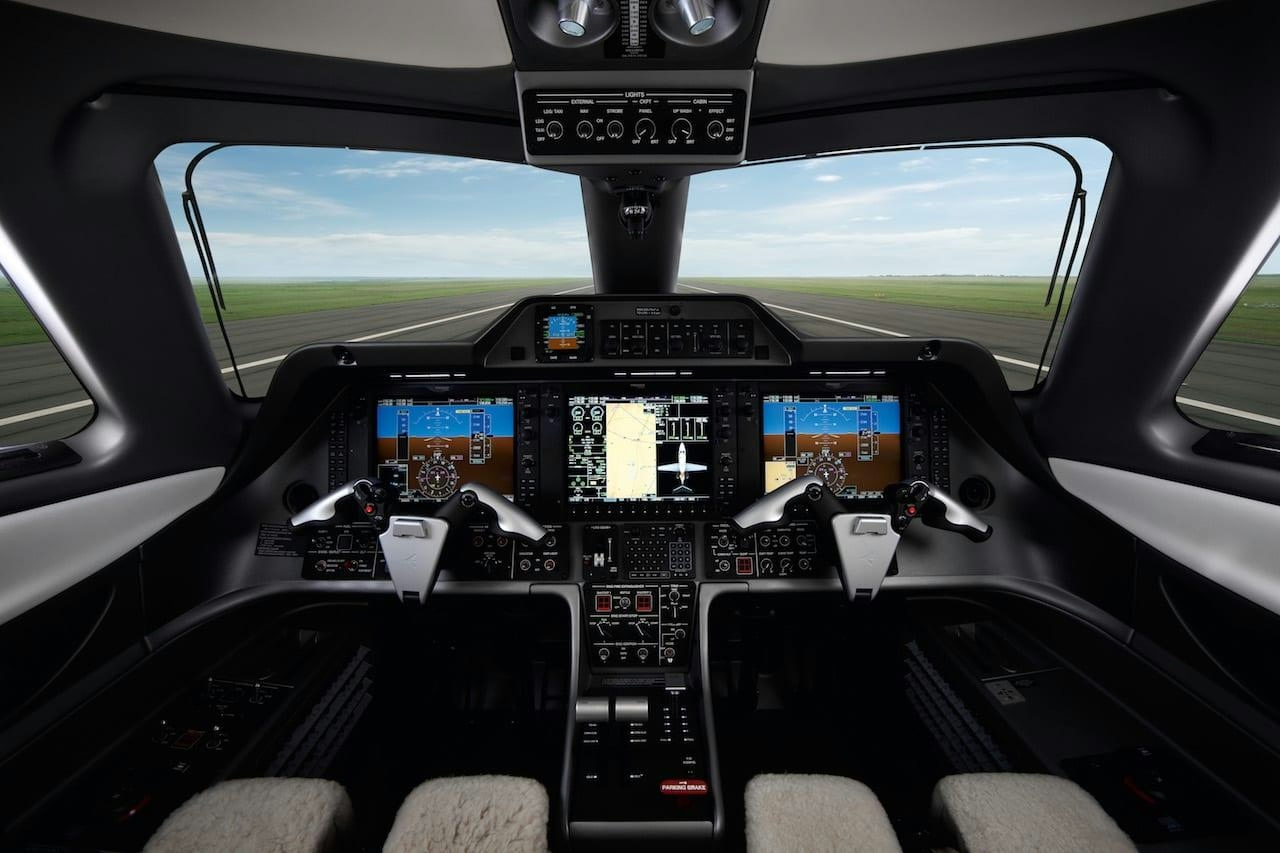
Embraer Unveils AI-Driven Smart Planning Solution
